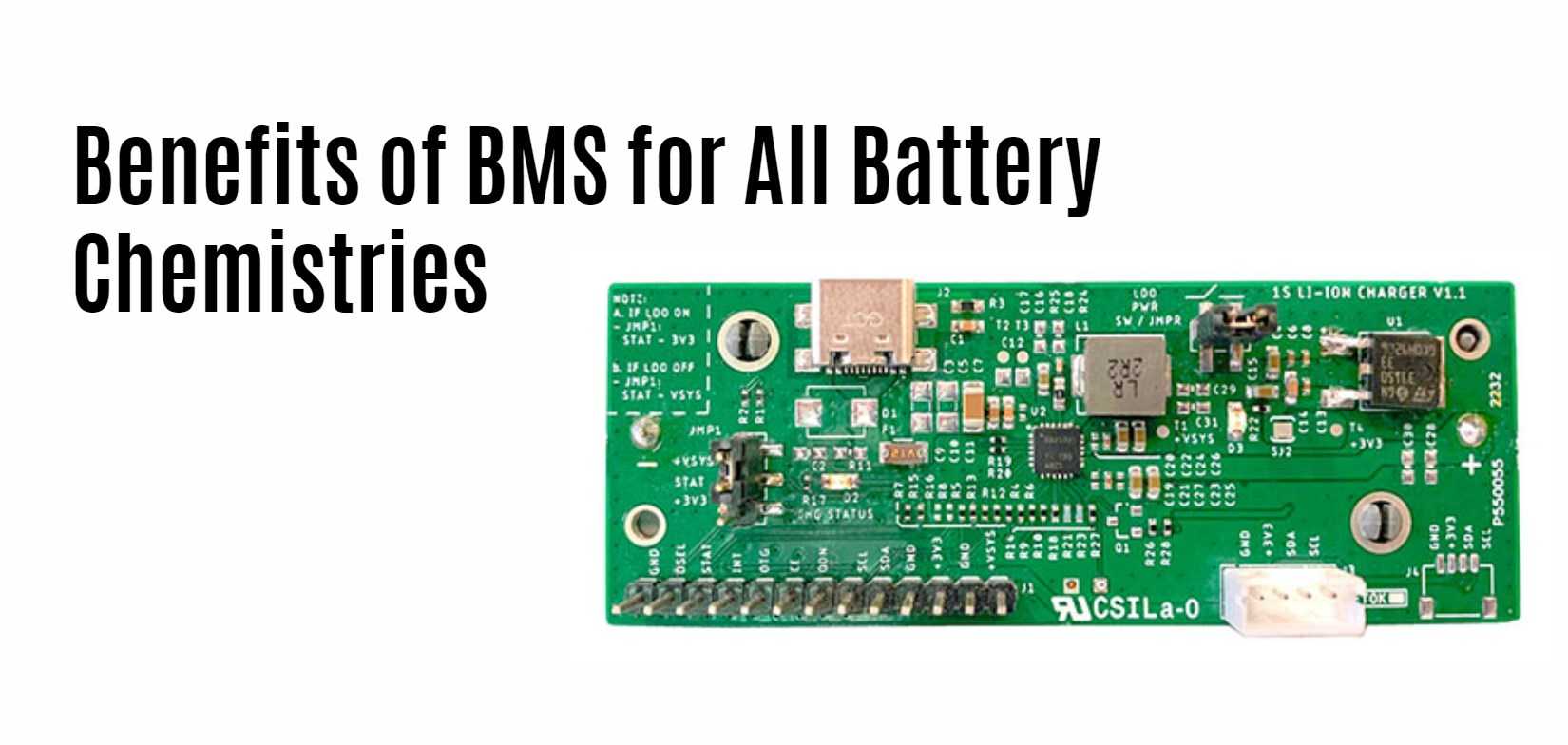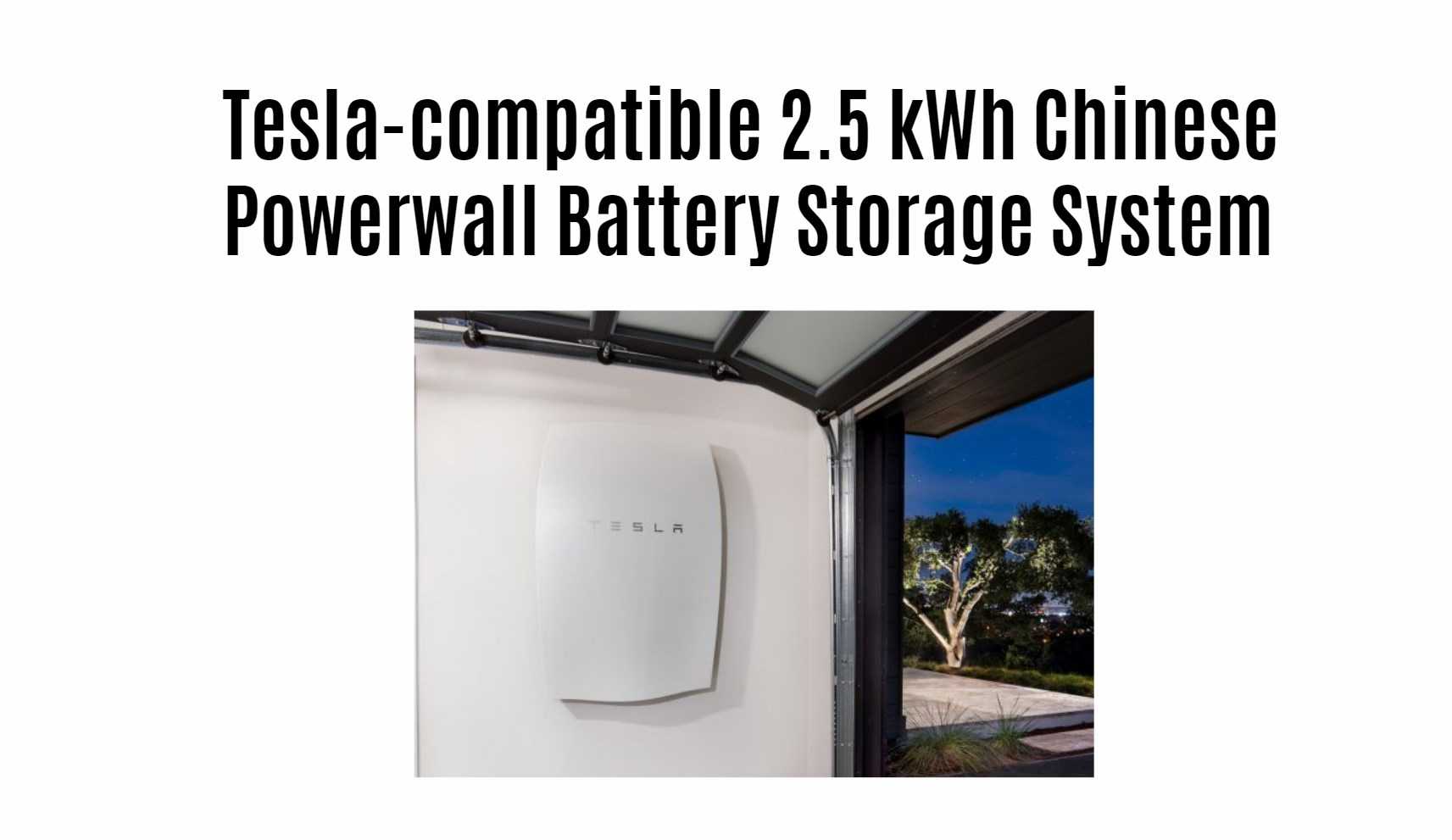What is a BMS, and Where Can It Be Used? Key Benefits of BMS for All Battery Chemistries
In the world of modern energy storage, the Battery Management System (BMS) plays a pivotal role in ensuring the safety, efficiency, and longevity of various battery chemistries. As we delve into the functionalities of a BMS, we will explore its applications across different sectors and highlight the key benefits it offers for all battery types.
Understanding Battery Management Systems (BMS)
A Battery Management System (BMS) is an electronic system that manages rechargeable batteries or battery packs. It monitors the state of the battery, controls its charging and discharging processes, and ensures that the battery operates within safe limits. The BMS is essential for optimizing performance and prolonging the lifespan of batteries.
Core Functions of a BMS
- Monitoring: The BMS continuously tracks critical parameters such as voltage, current, temperature, and state of charge (SoC) for each cell in the battery pack. This real-time monitoring helps prevent issues like overcharging or overheating.
- Balancing: In multi-cell configurations, a BMS balances the charge across all cells to ensure uniformity. This balancing process enhances overall performance and extends battery life.
- Protection: The BMS provides essential protection against conditions that could lead to battery failure, such as overvoltage, undervoltage, overcurrent, and extreme temperatures.
- Communication: A BMS can communicate with other systems (like solar inverters) to provide data on battery status and health, enabling better energy management.
Where Can a BMS Be Used?
The versatility of a BMS allows it to be utilized in various applications across multiple industries:
1. Electric Vehicles (EVs)
In electric vehicles, a BMS is crucial for managing the high-capacity battery packs that power the vehicle. It ensures optimal performance by monitoring cell health and managing charging cycles to extend battery life.
2. Renewable Energy Systems
BMS technology is widely used in solar energy storage systems. It helps manage the charging and discharging of batteries used to store solar energy, ensuring efficient energy use and maximizing system performance.
3. Consumer Electronics
From smartphones to laptops, consumer electronics rely on BMS technology to manage lithium-ion batteries effectively. The BMS ensures safety during charging and discharging cycles while optimizing power usage.
4. Industrial Applications
In industrial settings, batteries are used in forklifts, backup power systems, and uninterruptible power supplies (UPS). A BMS enhances safety and reliability in these applications by preventing potential failures.
5. Medical Devices
Medical devices that rely on rechargeable batteries benefit from BMS technology to ensure consistent performance and safety in critical applications where reliability is paramount.
Key Benefits of BMS for All Battery Chemistries
Regardless of the battery chemistry—be it lithium-ion, lead-acid, nickel-metal hydride (NiMH), or others—a Battery Management System offers several key benefits:
1. Enhanced Safety
Safety is one of the primary advantages of implementing a BMS. By continuously monitoring voltage and temperature levels, a BMS prevents dangerous conditions such as thermal runaway or overcharging that could lead to fires or explosions.
2. Improved Performance
A well-designed BMS optimizes battery performance by ensuring that all cells operate within their optimal ranges. This optimization leads to better efficiency and enhanced overall performance of the battery system.
3. Extended Lifespan
By preventing conditions that can cause damage to batteries—such as overcharging or deep discharging—a BMS significantly extends the lifespan of batteries. This longevity translates into reduced replacement costs over time.
4. Real-Time Data Monitoring
The ability to monitor battery health in real-time allows users to make informed decisions about maintenance and usage patterns. This data can be invaluable for optimizing energy consumption and identifying potential issues before they become critical.
5. Cost-Effectiveness
While there may be an initial investment in implementing a BMS, the long-term savings associated with extended battery life and improved efficiency often outweigh these costs. Additionally, reduced maintenance needs contribute to overall cost savings.

Latest Developments in Battery Management Systems
Recent advancements in BMS technology have focused on enhancing communication capabilities and integrating artificial intelligence (AI) for predictive analytics:
- AI Integration: Some modern BMS units now incorporate AI algorithms that analyze historical data to predict future performance trends, allowing for proactive management strategies.
- IoT Connectivity: The rise of Internet of Things (IoT) technologies has enabled remote monitoring capabilities for BMS systems, providing users with real-time insights into battery health via smartphone apps or web interfaces.
Data Chart: Benefits of Using a BMS Across Different Battery Chemistries
| Benefit | Lithium-Ion Batteries | Lead-Acid Batteries | NiMH Batteries |
|---|---|---|---|
| Enhanced Safety | Yes | Yes | Yes |
| Improved Performance | Yes | Moderate | Moderate |
| Extended Lifespan | Yes | Moderate | Yes |
| Real-Time Data Monitoring | Yes | Limited | Limited |
| Cost-Effectiveness | High | Moderate | Moderate |
FAQs About Battery Management Systems
What types of batteries benefit from a BMS?
All rechargeable batteries can benefit from a Battery Management System, including lithium-ion, lead-acid, nickel-metal hydride (NiMH), and more.
How does a BMS improve safety?
A BMS continuously monitors critical parameters like voltage and temperature to prevent dangerous conditions such as overcharging or thermal runaway.
Can I retrofit my existing battery system with a new BMS?
Yes, many modern Battery Management Systems can be retrofitted onto existing battery systems to enhance safety and performance.
Conclusion
In conclusion, Battery Management Systems (BMS) are essential components in modern energy storage solutions across various industries. By providing enhanced safety features, improving performance metrics, extending battery life, and offering real-time data monitoring capabilities, a BMS proves invaluable regardless of the battery chemistry involved. As technology continues to evolve, we can expect further advancements that will enhance the functionality and effectiveness of Battery Management Systems in diverse applications.For customized lithium solutions tailored specifically to your needs—whether for electric vehicles or renewable energy systems—contact Redway Battery today for a quick quote!















